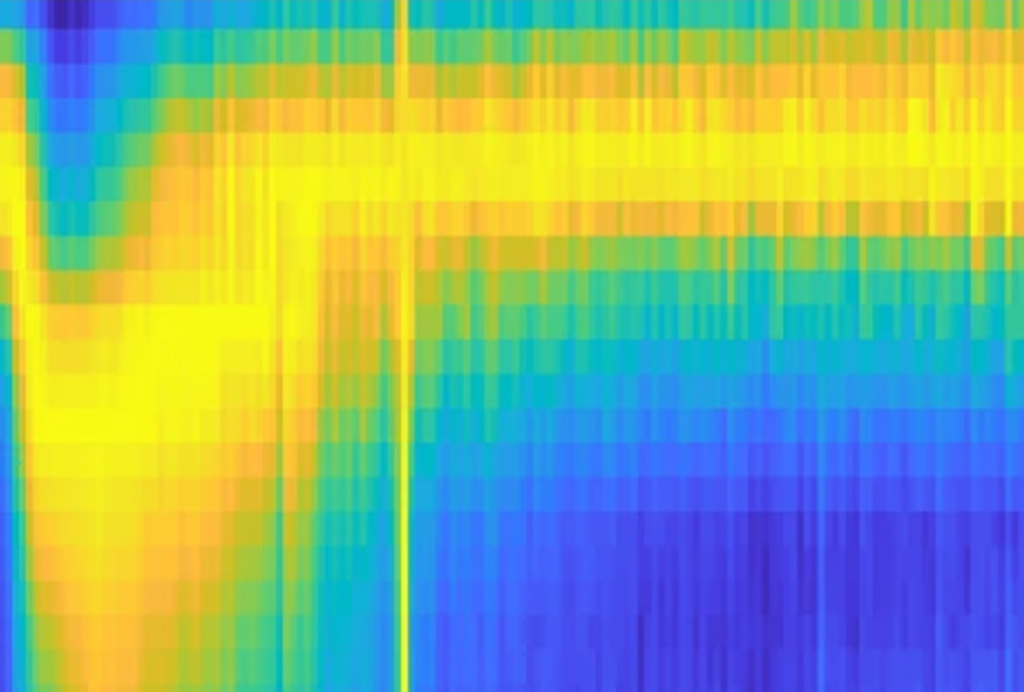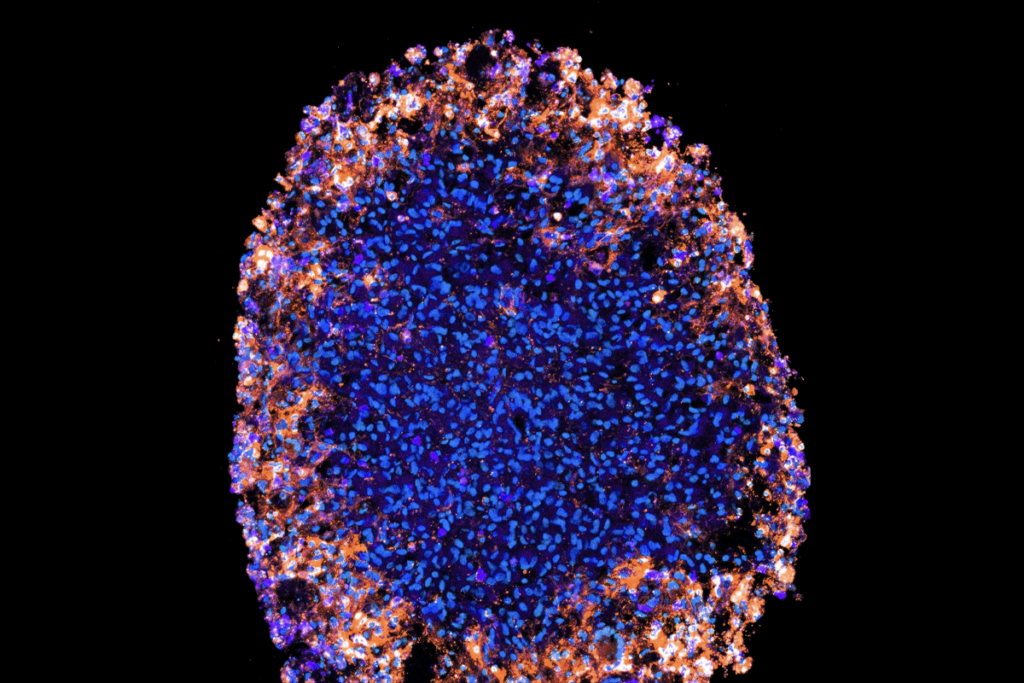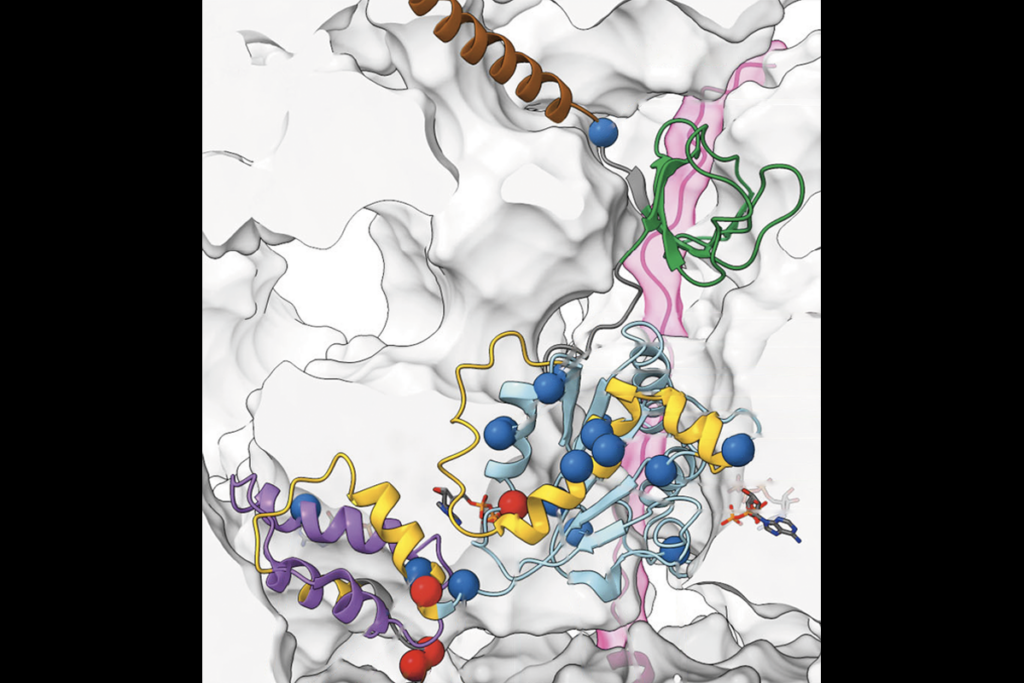How to build a better scientist
Budding scientists need career guidance from faculty mentors, not just technical handholding by graduate students, suggests a comprehensive review.
As a graduate student and postdoctoral researcher in psychology, I regularly mentored undergraduates. I spent most of my time training them to collect data — guiding child participants through a series of cognitive tasks — and to enter the data into spreadsheets. When time permitted, we discussed research papers. Students rarely interacted with the busy lab director. I often wondered if we were adequately preparing the students to pursue a research career.
A review of 60 studies published 6 February in Science suggests that my experiences are the norm. It also points to methods, such as more career guidance from faculty, that would more effectively groom the next generation of scientists.
The researchers found that undergraduates interact mostly with postdoctoral fellows and graduate students, not with faculty. These less-experienced advisers tend to focus on honing technical skills, such as using lab instruments and entering data, as I did. They tend not to coach students on tasks involving complex scientific reasoning or on their overall attitudes — helping them to, say, take responsibility for and pride in the rigor of their work.
Budding scientists do need technical expertise, but they also need to sharpen their analytical skills and develop the dedication needed to pursue a research career. Informal interactions with senior researchers can be enormously helpful, giving students a chance to ask about career paths and day-to-day routines, and gain a glimpse of life as a researcher. To enhance their sense of responsibility, these students should be put in charge of their own small research projects (which might be part of larger ones).
Time-strapped graduate students and postdocs are likely to overlook these important ingredients of good mentorship. At large research universities, which put a premium on publication records, faculty members similarly lack the time and incentive to give students thoughtful guidance. Not surprisingly, the study found that students at small liberal arts colleges are more likely to have close contact with faculty than are students at large universities.
The review found that students who feel supported by faculty are more likely to go on to graduate school, and those who regularly meet with faculty often gain confidence in their scientific skills and in their ability to pursue a career in science. Perhaps small colleges provide the better breeding ground for scientists.
The review also found that it takes at least 18 months for a young scientist to progress to analyzing data, interpreting findings and devising research questions. Critical traits such as patience, perseverance and initiative also develop over time.
But most students I worked with passed through the lab for just a semester or two, often juggling coursework with volunteering, extracurricular activities or part-time jobs.
In my time as a mentor, many students came to me with questions about their career path. Some had originally planned on going to graduate school, but their brief stay in the lab convinced them they didn’t enjoy research. Perhaps I should have encouraged them to stick it out a little longer, so they could see for themselves how exciting and gratifying research could be once they got past a semester or two.
Recommended reading

Among brain changes studied in autism, spotlight shifts to subcortex
Home makeover helps rats better express themselves: Q&A with Raven Hickson and Peter Kind
Explore more from The Transmitter

Dispute erupts over universal cortical brain-wave claim
Waves of calcium activity dictate eye structure in flies

